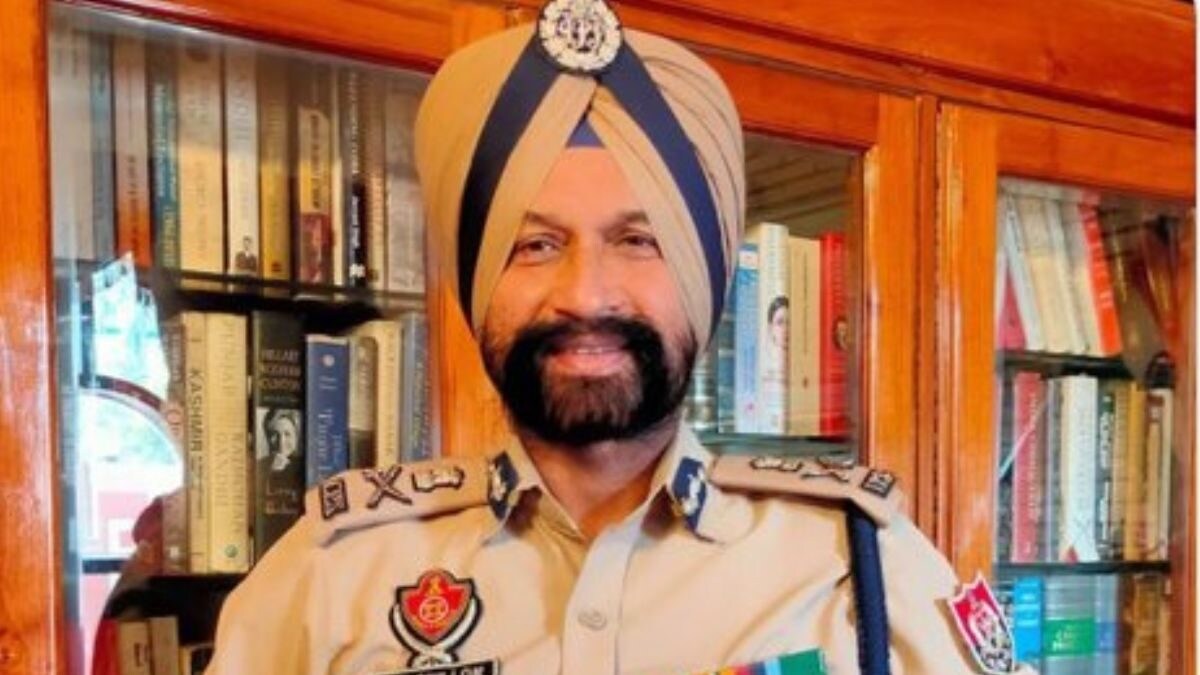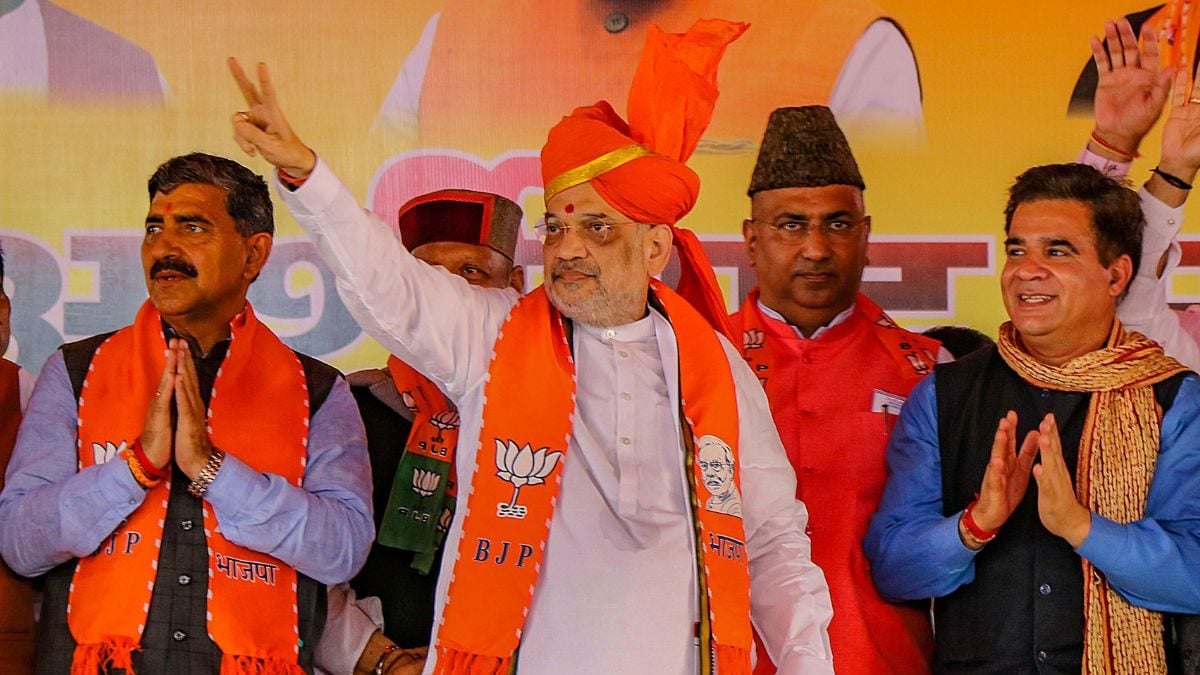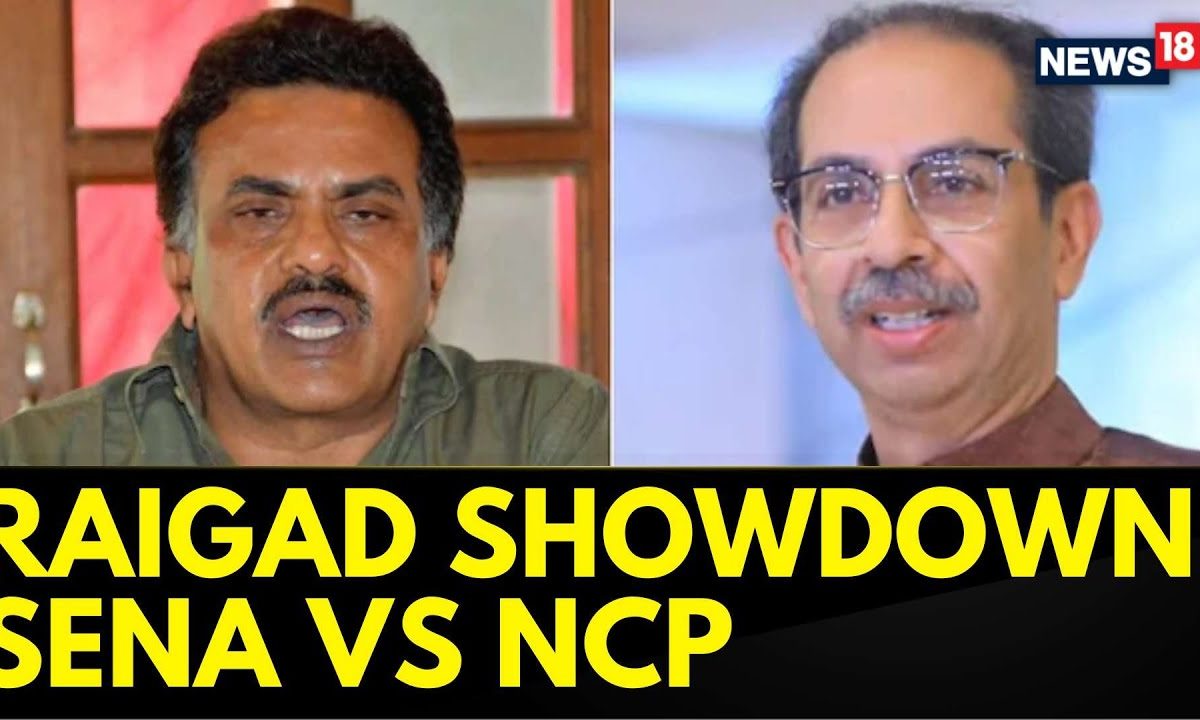[ad_1]
The stage is set for crucial Rajya Sabha elections on Tuesday in which the ruling Bharatiya Janata Party (BJP) hopes to further increase its strength in the Upper House of Parliament.
Out of 56 seats for which the Election Commission announced the poll schedule last month, as many as 41 including former Congress president Sonia Gandhi, BJP chief J P Nadda and new party entrant Ashok Chavan and Union ministers Ashwini Vaishnaw and L Murugan were elected unopposed while the polling on remaining 10 seats in Uttar Pradesh, 4 in Karnataka and 1 in Himachal Pradesh, Karnataka will take place on February 27.
Polling is scheduled from 9 am to 4 pm, followed by the vote count on the same day from 5 pm onwards.
The official notification for these elections was issued on February 8, and the deadline for filing nominations was closed on February 15. The term of office for 50 Rajya Sabha MPs representing 13 states is slated to conclude on April 2, while the remaining six members from two states will complete their tenure on April 3.
Among 56 seats, Uttar Pradesh has 10, Bihar and Maharashtra have six each, Madhya Pradesh and West Bengal have five each, Gujarat and Karnataka have four each, and Odisha, Andhra Pradesh, Telangana, and Rajasthan have three each. Additionally, Chhattisgarh, Haryana, Himachal Pradesh, and Uttarakhand each have one seat.
Rajya Sabha: Understanding The Framework
The Rajya Sabha, also known as the Upper House of Parliament, takes inspiration from the United Kingdom’s House of Lords. Presently, it comprises 245 members, with 233 chosen through elections and 12 nominated.
According to constitutional provisions, the Upper House’s membership is capped at 250. Out of the 233 elected members, representation is drawn from states and Union Territories (UTs), while the President of India appoints the remaining 12 individuals, who must demonstrate expertise in the realms of art, literature, science, and social services.
Rajya Sabha, in accordance with the constitution, functions as the Council of States, the distribution of seats in this chamber is determined by the population of each state.
Rajya Sabha Election Process & Tenure
MPs are elected using the single transferable vote through an open ballot system. In the Rajya Sabha elections, members of a state’s Legislative Assembly participate in what is known as proportional representation with the single transferable vote (STV) system.
Each vote cast by a Member of the Legislative Assembly (MLA) is considered once. The tenure of a Rajya Sabha member spans six years, with one-third of the members retiring every second year, being subsequently replaced by newly elected members. In the event of a member’s demise, disqualification, or resignation, by-elections are conducted to fill the vacant position.
How Are Rajya Sabha Members Elected?
While it might be presumed that political parties dominating the Lok Sabha would have a proportional influence in the Rajya Sabha, the actual process is nuanced. In this voting system, MLAs play a crucial role, and their voting mechanism is far from straightforward. Unlike a direct vote for each seat, MLAs are required to rank multiple candidates based on preference.
The candidate who secures a qualifying number of first preference votes is elected, and the remaining votes are transferred with reduced value to subsequent choices. This intricate system compels MLAs to extend their support to candidates across party lines. The victory threshold is determined by the combination of state Assembly strength and the number of MPs representing the state in the Rajya Sabha.
RS Polls: Formula to win
In order to win, a candidate must secure a specific number of votes, commonly referred to as the quota or preference vote. The formula for this calculation is straightforward when it involves filling a single seat: [Total number of votes / (Number of Rajya Sabha seats + 1)] + 1.
However, the formula undergoes modification in scenarios where more than one seat needs to be filled. In such cases, the total number of votes required for a candidate can be expressed as [(Number of votes x 100) / (Vacancies + 1)] + 1.
This adjustment accommodates the intricacies of multiple seat allocations, ensuring a fair and precise electoral process.
Candidates In Himachal, Karnataka, UP
In Himachal Pradesh, the BJP has forced a contest by fielding Harsh Mahajan against Congress’s Abhishek Manu Singhvi for the single seat despite not having enough MLAs to win.
In Karnataka, five candidates are contesting for the four seats. The Congress has fielded Ajay Maken, Syed Naseer Hussain and GC Chandrasekhar, while Narayansa Bandage is the BJP candidate. JD(S) leader and former Rajya Sabha member D Kupendra Reddy is also in the fray.
Raja Bhaiya to Vote for BJP’s RS Candidate: How Meet With Yogi’s OSD, UP BJP Chief Sealed the Deal
Uttar Pradesh will see 11 candidates vying for 10 seats. The BJP has fielded eight candidates – former Union minister R P N Singh, former MP Chaudhary Tejveer Singh, state party general secretary Amarpal Maurya, former state minister Sangeeta Balwant, party spokesperson Sudhanshu Trivedi, former MLA Sadhna Singh, former Agra mayor Naveen Jain and local industrialist and former SP leader Sanjay Seth who joined the BJP in 2019.
The Samajwadi Party (SP) has renominated Jaya Bachchan and also announced the candidature of former MP Ramjilal Suman and retired IAS officer Alok Ranjan.
41 Rajya Members Elected Already Without Polls
Bihar: JD(U)’s Sanjay Kumar Jha, BJP’s Dharmshila Gupta and Bhim Singh, Manoj Kumar Jha and Sanjay Yadav (both RJD) and Akhilesh Prasad Singh (Congress) were declared winners.
Haryana: Former Haryana BJP chief Subhash Barala was elected unopposed to Rajya Sabha from the state.
Rajasthan: Congress leader Sonia Gandhi, and BJP candidates Chunnilal Garasiya and Madan Rathore were elected unopposed from Rajasthan.
Madhya Pradesh: Four candidates from BJP including Union minister L Murugan, Valmiki Dham Ashram head Umesh Nath Maharaj, Kisan Morcha’s national vice president Banshilal Gurjar, and Madhya Pradesh BJP’s women wing president Maya Naroliya were declared winners.
The lone nominee of Congress to be declared unopposed is MP party unit treasurer Ashok Singh.
Maharashtra: All six candidates from Maharashtra in the fray for Rajya Sabha elections, including Congress turncoat Ashok Chavan, were on Tuesday declared elected unopposed. Among the six, the BJP had fielded three nominees including Chavan, and the Eknath Shinde-led Shiv Sena and NCP one each. The opposition Congress had fielded one nominee.
The BJP nominees declared elected unopposed include Chavan, former MLA Medha Kulkarni, and RSS worker Ajit Gopchade. The nominees of Shiv Sena and Ajit Pawar-led Nationalist Congress Party are ex-Congress MP Milind Deora and Praful Patel, respectively. The Congress had nominated Dalit leader Chandrakant Handore, the lone candidate from the opposition.
Uttarakhand: Uttarakhand BJP chief Mahendra Bhatt was elected unopposed to the Rajya Sabha.
West Bengal: TMC’s Sushmita Dev, Sagarika Ghose, Mamata Thakur and Md Nadimul Haque and Samik Bhattacharya (BJP) were declared winners from West Bengal.
Gujarat: Nadda and the party’s other nominees Jasvantsinh Parmar, Mayank Nayak and diamond baron Govindbhai Dholakia were declared winners from Gujarat.
Odisha: Union minister Vaishnaw (BJP) and BJD’s Debashish Samantray and Subhashish Khuntia were declared winners.
Andhra Pradesh: The YSR Congress won all three seats – G Babu Rao, Y V Subba Reddy and M Raghunath Reddy.
Telangana: Congress bagged two seats – Renuka Chowdhury and Anil Kumar Yadav – and BRS one seat – V Ravichandra.
Chhattisgarh: BJP candidate Devendra Pratap Singh was elected unopposed.
(With PTI inputs)
[ad_2]
Source link




